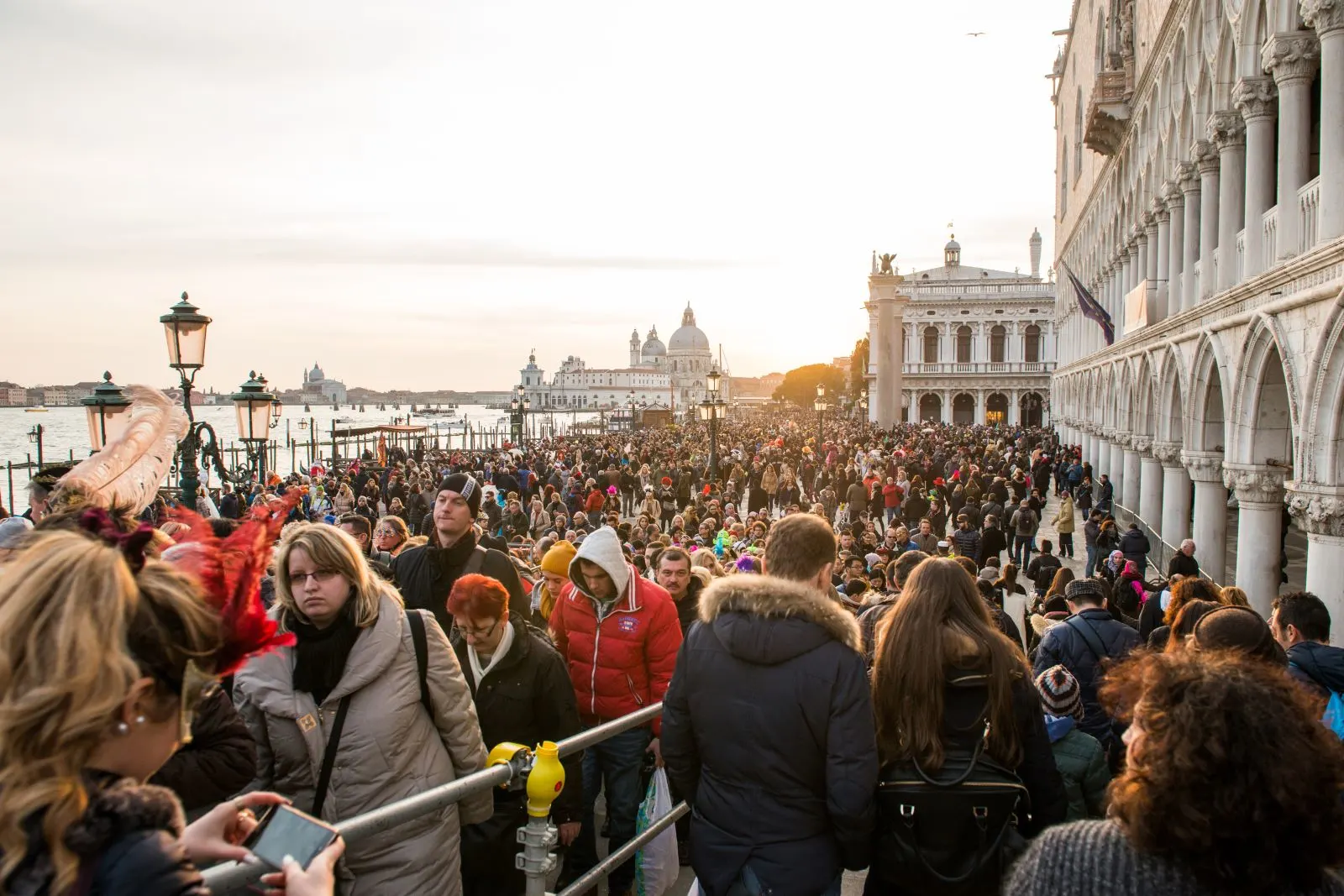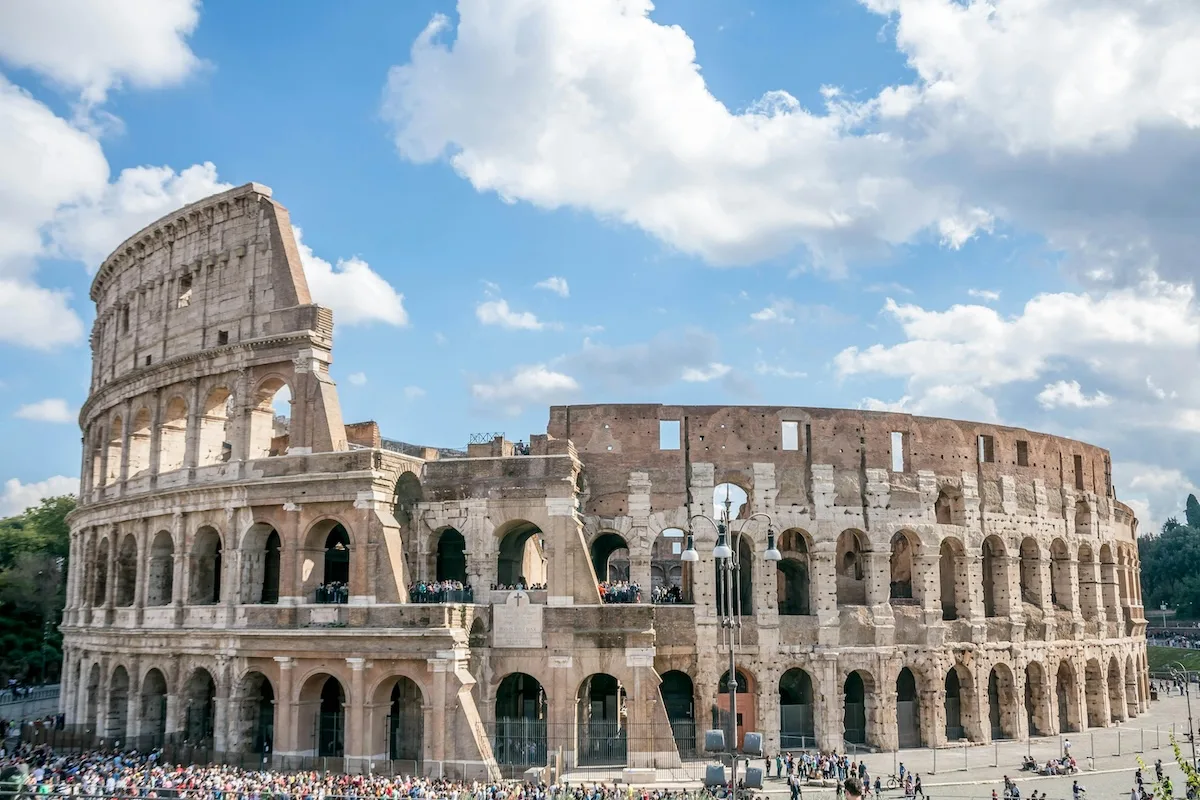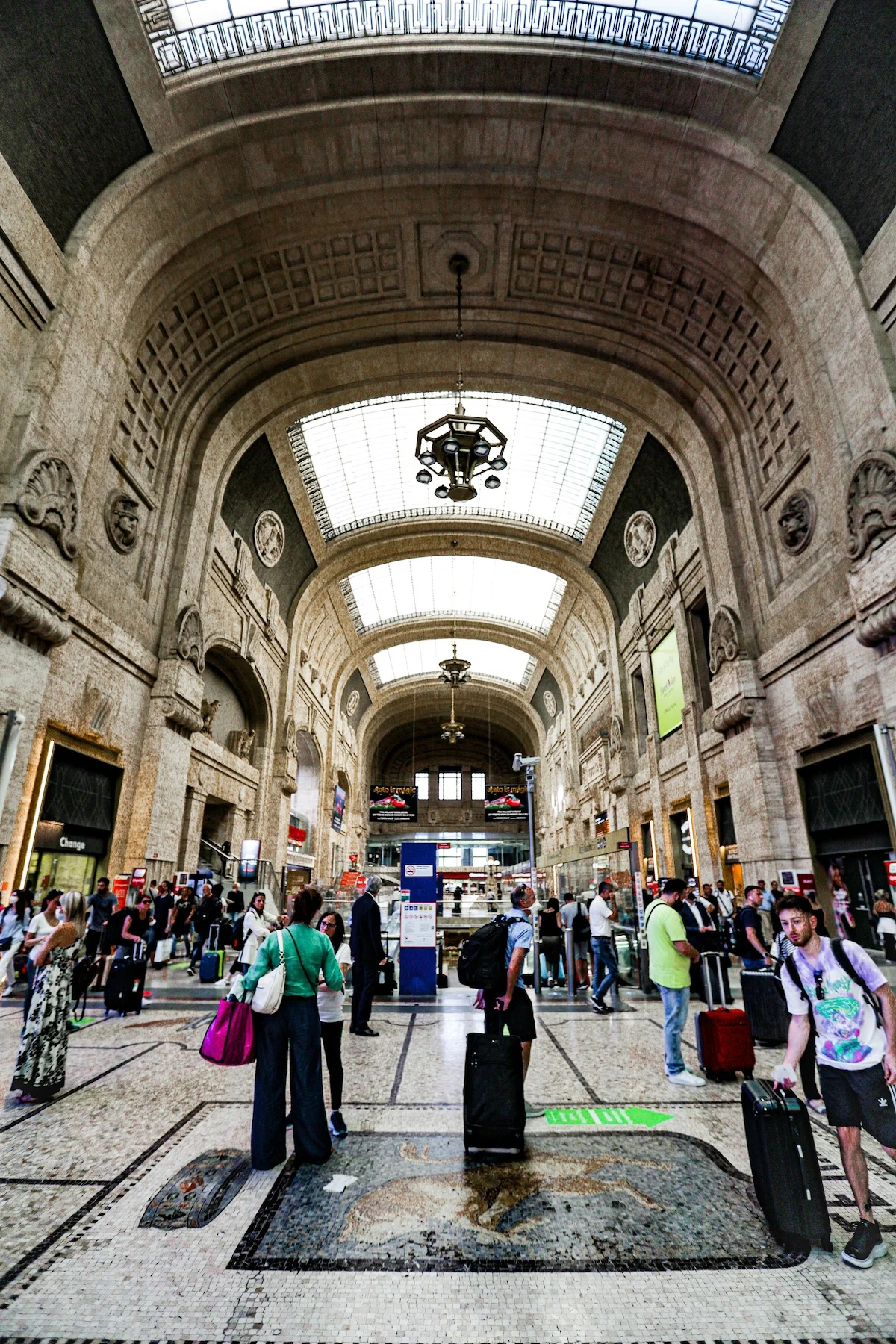Dreaming of Italy in 2025? Before you pack your bags, you’ll want to know about the rising tourist taxes that will add to your bill. Here’s what to expect so you can plan your Italian adventure without surprises.
What Are Tourist Taxes and Why Are They Charged?
In Italy, the “tassa di soggiorno” (tourist tax) is a nightly fee that local governments charge to visitors staying in hotels, vacation rentals, or other accommodations. The goal is to help maintain the cities and towns that attract millions of tourists every year. From preserving historical landmarks to keeping public spaces clean, these taxes contribute to the infrastructure that supports tourism. As travel continues to increase, so do these fees—particularly in the most popular destinations.
How Much Are You Paying in 2025?
The exact amount of tourist tax you’ll pay depends on where you’re staying and what type of accommodation you choose. For summer 2025, expect to pay anywhere from €1 to €25 per night, per person, depending on the city and the star rating of your hotel. Luxury hotels in top destinations like Venice and Rome are charging the highest rates, while smaller towns or budget accommodations might come with a much lower fee. The tax is typically added to your hotel bill at the end of your stay and capped at five nights, so long-term travelers can breathe a sigh of relief.
Venice: Leading the Charge with the Highest Tourist Tax

Image Credit: Shutterstock / Massimiliano Marino
Venice, one of Italy’s top tourist spots, will continue to charge the highest tourist tax in 2025. With the city’s ongoing battle against overtourism, Venice has increased its fees, and visitors staying in high-end hotels can expect to pay up to €25 per night. This is part of Venice’s broader efforts to protect its fragile ecosystem and centuries-old architecture. Additionally, Venice’s controversial day-trip entry fee is expected to remain in place, ranging from €3 to €10 depending on the season. If you’re planning to visit without staying overnight, this is an extra cost to budget for.
Rome: The Eternal City, But Not Without a Fee

Featured Image Credit: Pexels / Oliver Lechner
Rome, the iconic capital, is another city where you’ll feel the pinch of increased tourist taxes in 2025. Luxury hotel guests could pay up to €10 per night in tourist taxes. Whether you’re visiting the Colosseum, St. Peter’s Basilica, or simply enjoying a gelato on the Spanish Steps, these fees are now part of the experience. Luckily, if you opt for a more budget-friendly accommodation, the tax might drop to €3 to €5 per night, depending on the location and star rating.
Florence: Renaissance Art at a Price
Florence is known for its Renaissance art and architecture, drawing millions of tourists every year. In 2025, the city’s tourist taxes will range from €4 to €8 per night. Staying in the heart of Florence, with easy access to sights like the Uffizi Gallery and the Ponte Vecchio, will cost more than staying in the outskirts, but the extra fees go toward preserving this city of unparalleled cultural heritage.
Milan: Paying for Fashion and Glamour

Featured Image Credit: Pexels / Cristian Manieri
Milan is Italy’s fashion capital, and as you might expect, staying in its glamorous hotels comes at a cost. In 2025, tourist taxes in Milan will remain around €5 per night for visitors staying in the city’s higher-end accommodations. While this is lower than Venice or Rome, it’s still a factor to consider when budgeting for your visit to this stylish northern city, especially if you’re visiting during high-profile events like Fashion Week.
Smaller Cities, Smaller Taxes
Not every city in Italy comes with sky-high tourist taxes. Smaller cities and towns like Naples, Padua, and Brescia offer a more affordable option for travelers, with tourist taxes hovering around €1 to €3 per night. These destinations provide a more relaxed atmosphere compared to the major tourist hubs while still offering rich cultural experiences. If you’re looking to stretch your budget and avoid the crowds, these smaller towns are worth considering for your summer 2025 trip.
Tourist Tax Caps: Maxing Out at Five Nights
The good news for those planning extended stays in Italy is that most tourist taxes are capped at five nights. That means even if you stay longer in cities like Venice or Rome, you won’t be taxed endlessly. After five consecutive nights, the tax no longer applies. This cap is a relief for travelers who are staying in Italy’s most popular destinations for extended periods, as it helps keep costs manageable.
Where Does Your Money Go?
It’s not always fun to pay extra fees, but tourist taxes in Italy do serve an important purpose. In Venice, funds from the tax are used to maintain the city’s delicate canals and historic sites. In cities like Rome and Florence, the money helps preserve monuments, maintain public spaces, and manage the infrastructure necessary to support the millions of tourists that visit each year. So, while you might be grumbling about the additional cost, your contribution helps sustain the cultural treasures that make Italy so magical.
Day-Trippers Beware: Additional Fees for Quick Visits
If you’re planning on visiting Italy’s iconic cities without staying overnight, don’t think you’re off the hook. Cities like Venice and Florence are implementing day-trip fees for short-term visitors. In Venice, the day-trip fee for 2025 will range from €3 to €10, depending on the season and the number of visitors. Florence is considering introducing a similar fee, so even if you’re just dropping in for the day, you’ll still need to contribute to the city’s upkeep.
Tourist Taxes Across Italy: Not Uniform
Not all regions in Italy impose tourist taxes, and the rates can vary widely. While major cities like Rome, Venice, and Florence charge higher rates, some rural areas or less-visited regions may have lower or no tourist taxes at all. For example, some parts of southern Italy, including areas in Sardinia, have considered reducing or even eliminating the tax altogether. It’s always a good idea to check the local policies for your specific destination when planning your budget.
Is There a Way to Avoid the Tourist Tax?
While you can’t avoid paying the tourist tax where it’s required, there are ways to minimize the impact. Choosing lower-rated accommodations or staying in smaller towns where the tax is lower can help reduce the additional costs. Traveling in the off-season or exploring less tourist-heavy regions are also great ways to enjoy Italy without facing the highest taxes.
Plan Ahead for Summer 2025
Italy’s tourist taxes are an important part of planning your budget for summer 2025. Whether you’re headed to Venice, Rome, or a more off-the-beaten-path destination, these fees can add up, especially if you’re staying in luxury accommodations. But with a little planning, you can be prepared for these costs and focus on enjoying all that Italy has to offer.
Read More
18 Countries That Don’t Want American Visitors
It’s time for a reality check, American travelers. As you pack your bags and head overseas, ready to stamp your passport, it’s becoming glaringly obvious that not every destination is thrilled to see you. 18 Countries That Don’t Want American Visitors
18 High-Crime Cities in the US You Should Avoid
American cities promise rich culture and unforgettable experiences, but rising crime rates can catch travelers off guard. This guide helps you stay safe while fully enjoying your adventures. 18 High-Crime Cities in the US You Should Avoid
What Cruise Lines Don’t Want You to Know: 20 Candid Insights
Thinking about booking a cruise for your next getaway? Let’s have a real talk first. While cruising might seem like a breezy way to see the world, there are a few not-so-sunny truths that might make you reconsider. What Cruise Lines Don’t Want You to Know: 20 Candid Insights
Featured Image Credit: Pexels / Luca Severin.
The content of this article is for informational purposes only and does not constitute or replace professional advice.
The images used are for illustrative purposes only and may not represent the actual people or places mentioned in the article.
For transparency, this content was partly developed with AI assistance and carefully curated by an experienced editor to be informative and ensure accuracy.
Tips for Trip Success
Book Your Flight
Find an inexpensive flight by using Kayak, a favorite of ours because it regularly returns less expensive flight options from a variety of airlines.
Book Your Hotel or Special Accommodation
We are big fans of Booking.com. We like their review system and photos. If we want to see more reviews and additional booking options, we go to Expedia.
You Need Travel Insurance!
Good travel insurance means having total peace of mind. Travel insurance protects you when your medical insurance often will not and better than what you get from your credit card. It will provide comprehensive coverage should you need medical treatment or return to the United States, compensation for trip interruption, baggage loss, and other situations.Find the Perfect Insurance Plan for Your Trip
PassingThru is a participant in the Amazon Services LLC Associates Program. As an Amazon Associate I earn from qualifying purchases.
To view PassingThru’s privacy policy, click here.
